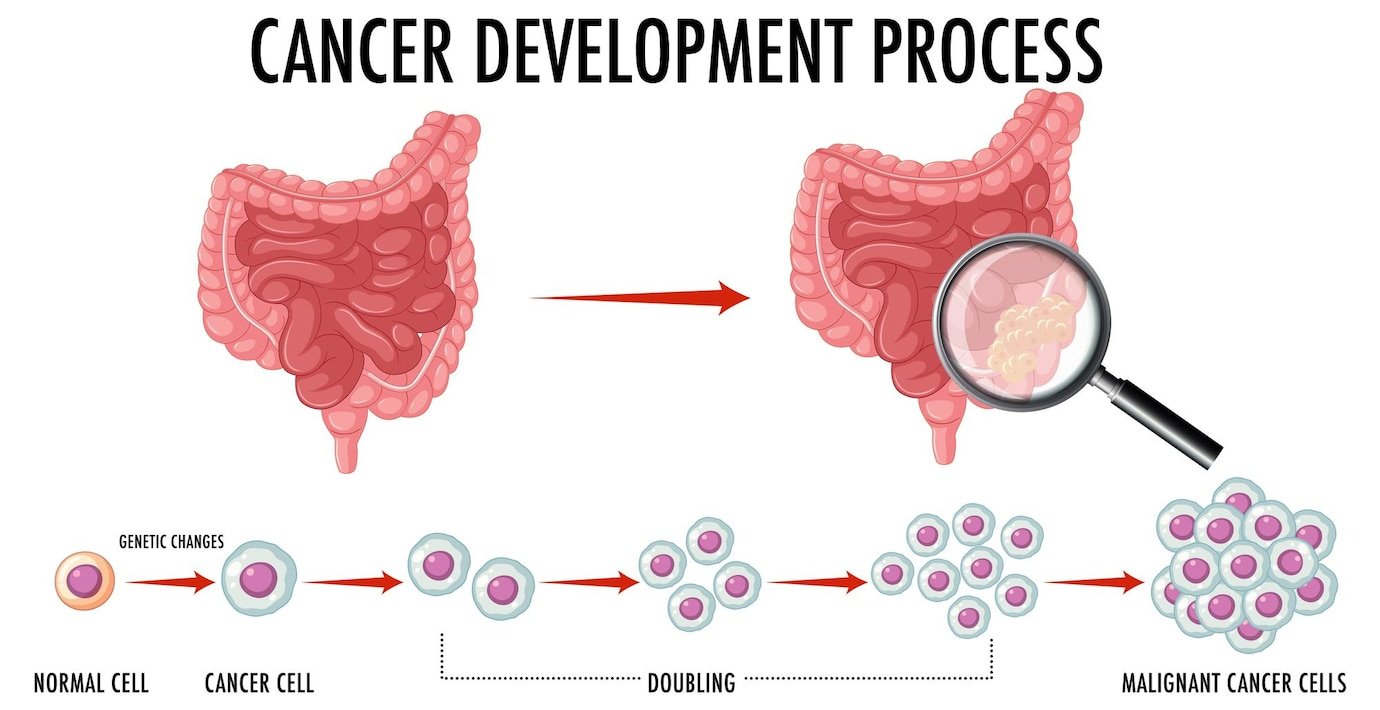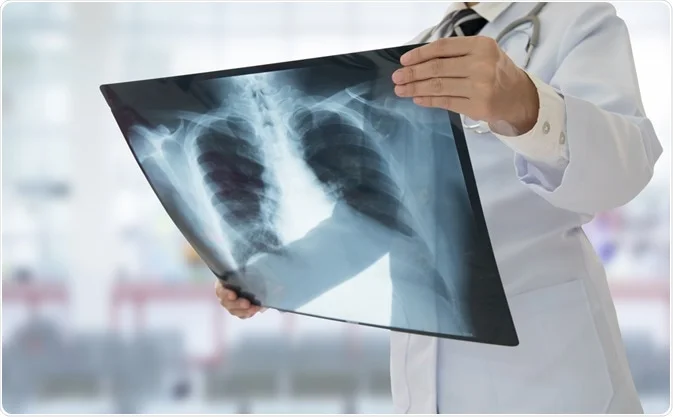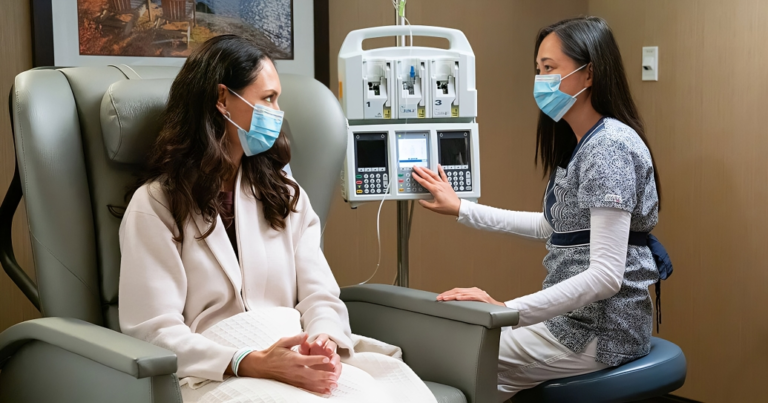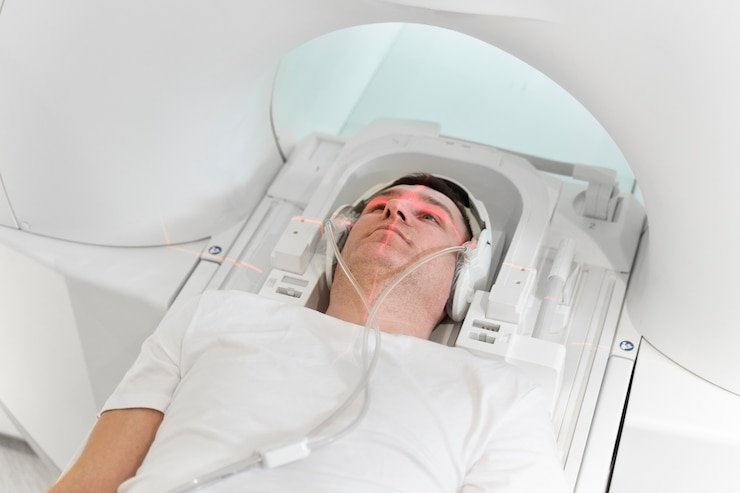How to Choose the Right Treatment for Stomach Cancer.
Stomach cancer is a serious condition that requires timely and effective treatment. With various treatment options available, selecting the right one can be a daunting task. If you’re looking for information on Stomach cancer treatment success in Rohini, this guide will help you navigate the decision-making process to ensure you choose the best possible care.
Understanding Stomach Cancer
What is Stomach Cancer?
Stomach cancer, also known as gastric cancer, begins in the cells lining the stomach. It can develop slowly over many years and may go undetected until it reaches an advanced stage.
Common Symptoms
The symptoms of stomach cancer can include indigestion, stomach pain, nausea, vomiting, and unexplained weight loss. Early detection is crucial for effective treatment.
Factors to Consider When Choosing Treatment
Stage of Cancer
The stage of stomach cancer significantly influences the treatment options available. Early-stage cancer may be treated with surgery alone, while advanced stages may require a combination of treatments.
Patient’s Overall Health
The patient’s overall health and medical history play a vital role in determining the appropriate treatment. Some treatments may be too aggressive for patients with certain health conditions.
Treatment Goals
The primary goals of treatment can vary depending on the stage of cancer and the patient’s preferences. These goals may include curing the cancer, controlling its spread, or relieving symptoms to improve the quality of life.
Treatment Options for Stomach Cancer
Surgery
Types of Surgery
Surgery is often the first line of treatment for stomach cancer, especially in the early stages. The types of surgery include:
- Partial Gastrectomy: Removal of part of the stomach.
- Total Gastrectomy: Removal of the entire stomach.
Success Rates
The success of surgery depends on factors such as the cancer stage and the patient’s overall health. When performed by experienced surgeons, surgery can lead to high rates of Stomach cancer treatment success in Rohini.
Chemotherapy
How It Works
Chemotherapy uses drugs to kill cancer cells or slow their growth. It can be used before surgery (neoadjuvant therapy) to shrink the tumor or after surgery (adjuvant therapy) to kill any remaining cancer cells.
Side Effects
Common side effects of chemotherapy include nausea, fatigue, hair loss, and an increased risk of infections. These side effects vary depending on the drugs used and the patient’s overall health.
Radiation Therapy
Purpose and Benefits
Radiation therapy uses high-energy rays to target and kill cancer cells. It can be used alone or in combination with chemotherapy to improve treatment outcomes.
Precision and Control
Modern radiation therapy techniques allow for precise targeting of cancer cells, minimizing damage to surrounding healthy tissues.
Targeted Therapy
What is Targeted Therapy?
Targeted therapy involves drugs that specifically target cancer cells based on their genetic makeup. This treatment is often used when cancer has specific mutations that can be targeted effectively.
Advantages Of Traditional Treatments
Targeted therapy tends to have fewer side effects than traditional chemotherapy because it focuses on cancer cells without affecting normal cells.
Immunotherapy
Boosting the Body’s Immune Response
Immunotherapy helps the body’s immune system recognize and attack cancer cells. It is an emerging treatment option with promising results in some cases of stomach cancer.
Considerations and Suitability
Immunotherapy may not be suitable for all patients, and its effectiveness can vary. It is often considered when other treatments are not effective.
Choosing the Right Treatment Center
Expertise and Experience
Choosing a treatment center with a proven track record in Stomach cancer treatment success in Rohini is essential. Look for centers that specialize in stomach cancer and have experienced oncologists.
Multidisciplinary Team Approach
A multidisciplinary team approach, involving oncologists, surgeons, radiologists, and nutritionists, ensures comprehensive care and better treatment outcomes.
The Role of Clinical Trials
Access to New Treatments
Clinical trials offer access to new and experimental treatments that may not be available outside the trial setting. Patients who participate in clinical trials may benefit from cutting-edge therapies.
Weighing the Risks and Benefits
While clinical trials offer potential benefits, they also come with risks. It’s important to discuss these with your doctor and consider whether a clinical trial is the right option for you.
Preparing for Treatment
Understanding the Treatment Plan
Before starting any treatment, make sure you understand the plan, including the goals, potential side effects, and what to expect during the process.
Emotional and Psychological Support
Dealing with stomach cancer can be emotionally challenging. Seek support from family, friends, and professional counselors to help manage stress and anxiety during treatment.
Monitoring and Follow-Up Care
Regular Check-Ups
After treatment, regular check-ups are crucial to monitor for any signs of recurrence and to manage any ongoing side effects of treatment.
Lifestyle Adjustments
Making healthy lifestyle choices, such as eating a balanced diet and exercising regularly, can support your recovery and overall well-being.
Conclusion
Choosing the right treatment for stomach cancer involves careful consideration of various factors, including the stage of cancer, the patient’s health, and the available treatment options. By selecting a reputable treatment center known for Stomach cancer treatment success in Rohini and working closely with your healthcare team, you can make informed decisions that enhance your chances of a successful outcome. For more information and to explore treatment options, visit https://cancros.com/.







